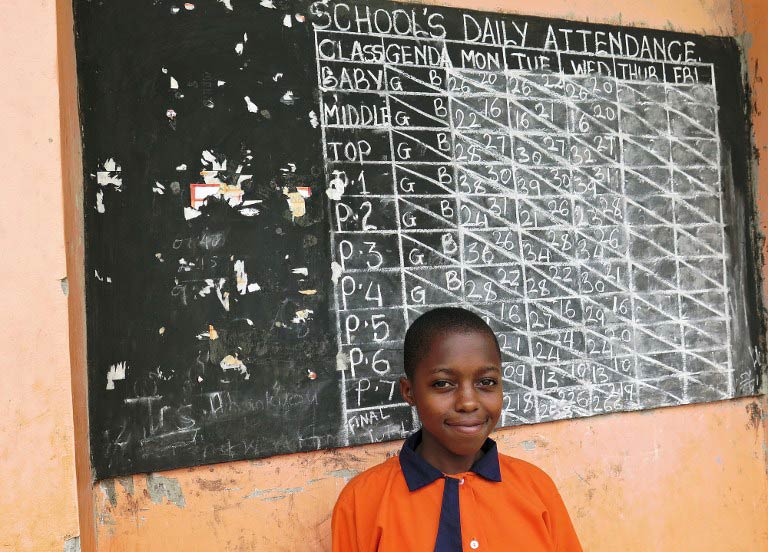My own government in Uganda has over the years made several commitments towards ending poverty and inequality. These were often drafted by international bodies like the United Nations and targeted things like universal primary education and halting the spread of HIV and AIDS, malaria and other deadly diseases before 2015.
Now it’s 2015 and we are back here again, a new list of commitments is being agreed on, many of the same problems remain, but the big difference this time is I’m getting to have my say. I, a 32-year-old young Ugandan woman, will address the UN this week, to share my perspective and that of my peers.
This year is the deadline for achieving the Millennium Development Goals. Uganda’s chances of this remain doubtful, mainly due to implementation failures. Uganda’s case is not any different from Mozambique where I am a VSO volunteer working on girls’ education. Programmes like the Universal Primary Education (UPE) in both countries that registered progressive results at the beginning have recently been criticised for focusing on quantity and not quality, for a lack of supervision and checks from government. While commitments were made, they lacked any harmonised implementation mechanism for the development policies or mechanisms for collective responsibility.
So, I’m happy that as the next development agenda is being created there is more focus on producing goals which are sustainable in nature and that there is talk about creating clear plans for the ‘means of implementation’ which will be needed to reach these goals. Better still, the negotiations around how these goals will be funded is ongoing and I will be part of a group of civil society stakeholders able to participate in that discussion.
Now, what about my two-minute speech in New York on Thursday? I nervously picture big rooms, meeting points, people from different walks of life, cameras, and all communication gadgets. The programme tells me I have a slot together with nine others to talk about “The relationship between FFD and post-2015 process (global partnership and possible key deliverables and transformative ideas such as in relation to capacity-building, infrastructure, energy, social floors and agriculture etc.”
I don’t think my friends and family would understand that title but I will talk about what I know: volunteers and the change they can make and girls’ right to education. The role of volunteers in achieving these new sustainable development goals cannot be underestimated. They are people placed at the community level alongside local people and are the very heart of development. Volunteers build capacities by training communities on a wide range of issues, contribute to better health by offering their services alongside the paid professionals, they help to deliver education to some of the most marginalised and excluded communities, and empower people at a grassroots level to participate in affairs that concern their own development. Member states must reflect on the importance of financing and supporting the interventions of the volunteerism sector.

I am also conscious that I need to be a voice for the marginalised girls in Mozambique with whom I work. While the rest of the world is advancing in terms of accessing equal education opportunities for boys and girls, 80% of the girls in Mozambique drop out of school. Poverty, early marriage, the long distances to school, and negative community perceptions about girls’ education have robbed girls of the opportunity to access life learning opportunities. I want to raise these issues during my one to one meetings with delegations and get support to finance development work that will ensure inclusive, equitable, and quality education for all.
And one of those UN member states is my own native Uganda. I hope they will hear my voice and feel some sense of accountability. I hope too that the government of Mozambique where I volunteer will hear the message and that the rich country governments work with them so that together we can shape this new world I want to grow old in.
Elisabeth Kisakye is a VSO volunteer and human rights activist from Uganda working in the Instituto de Comunicação Social in Moçambique. She is supporting girls’ right to education by designing and implementing the DFID-funded Girls Education Challenge Project advocacy strategy in Mozambique. She blogs at elisabethkisakye.wordpress.com


